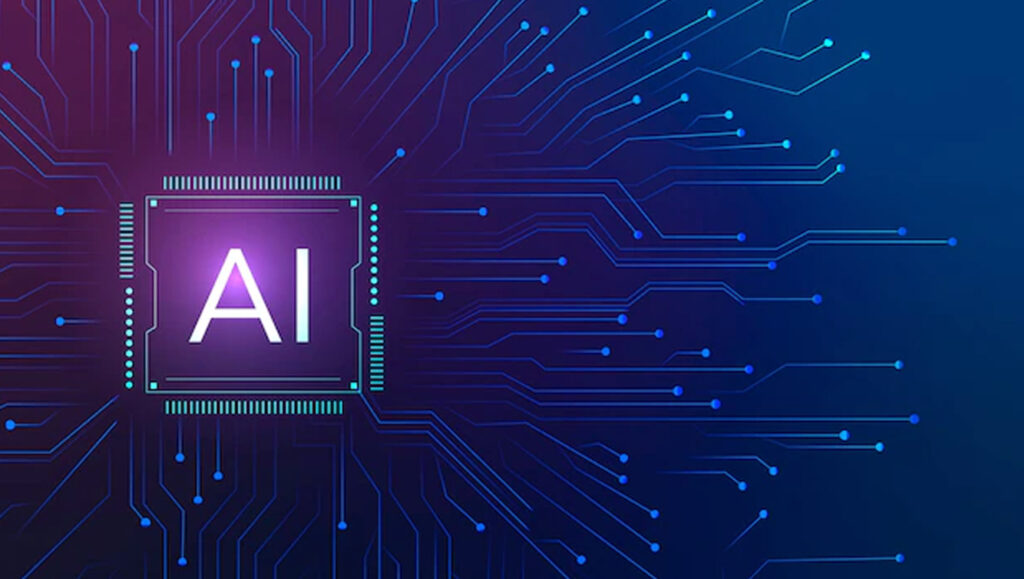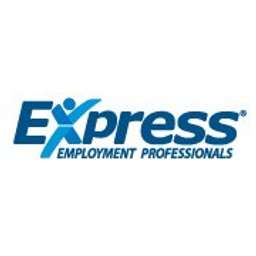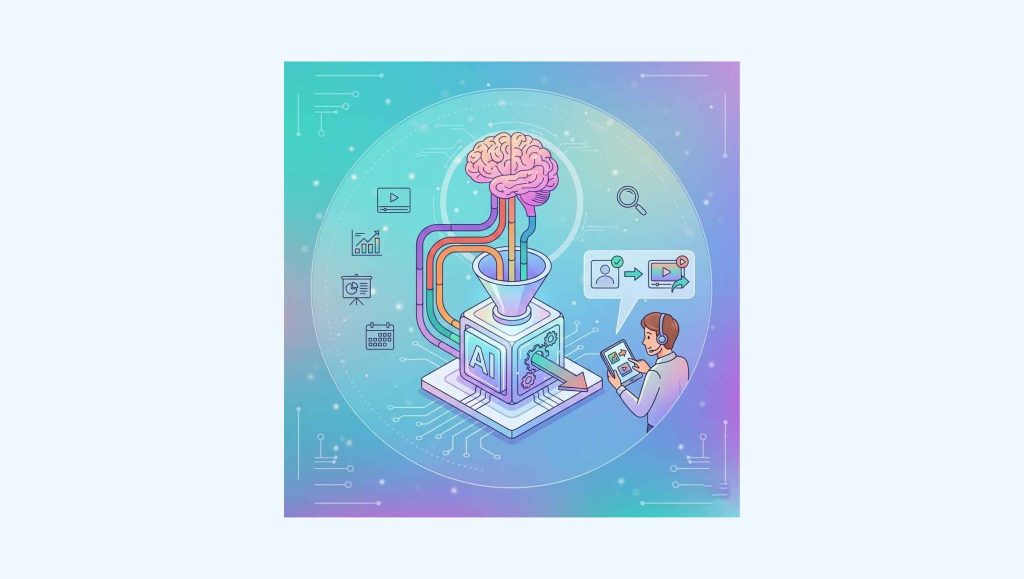U.S. employers are using artificial intelligence most commonly for data processing, managing customer service questions, creating content and operating chatbots, according to a recent survey from The Harris Poll, commissioned by Express Employment Professionals.
As companies search for ways to be more efficient, many are turning to generative artificial intelligence (AI) to help streamline operations.
This is according to a recent survey from The Harris Poll commissioned by Express Employment Professionals.
early 7 in 10 U.S. hiring managers (69%) use generative AI at their company—most commonly for processing data (52%) either for customers, operations and even employees. Others report utilizing it to manage customer service questions (27%), create content (26%) and operate chatbots (23%).
“With any new endeavor, especially with one as advanced as this technology, it’s wise to be cautious when exploring its capabilities.” – Express CEO Bill Stoller.
In using generative AI, many believe it will have a major/moderate positive impact on their company by enhancing customer service (63%), making some processes more efficient (63%) and freeing up employee time (62%).
Eighty-five percent of hiring managers also believe opportunities will be created through using generative AI in the workplace, such as increased efficiency (54%), improved decision-making (44%), improved workforce management (43%) and enhanced creativity (42%).
Closing the Skills Gap and Replacement Fears
Generative AI is even thought to have the ability to help the workforce shortage, as more than half of hiring managers believe it will have a major/moderate positive impact closing the skills gap (58%) and reducing the shrinking workforce (52%).
Looking at the advantages generative AI can provide, more than three-quarters (76%) believe employees are concerned that it will make them useless—and the same proportion of job seekers agree (76%). However, workers can rest assured as more than 4 in 5 hiring managers (84%) say generative AI will never replace the need for actual employees at their company; still, fewer job seekers (69%) are convinced of the same.
Read More: Pipe17 Partners With Loop Returns To Reduce The Cost Of Returns Management
Hiring and AI
Generative AI may also make quite an impact on companies’ hiring and recruiting efforts.
More than half of hiring managers believe it will have a major/moderate positive impact on analyzing resumes and cover letters (59%), predicting job performance (55%) and performing facial analysis in interviews to evaluate a candidate’s engagement (54%).
The majority also feel it’s appropriate for candidates to use AI to create mock interview questions (78%), help draft resumes and cover letters (75%), create work samples (73%) and write outreach responses (such as initial and follow-up emails) (70%).
Job seekers are similarly aligned, believing it is appropriate to use generative AI to create mock interview questions (75%), help draft resumes and cover letters (71%), create work samples (62%) and write outreach responses (62%). They most commonly report using generative AI as it relates to their resume (29%), helping to draft cover letters (19%) and screening for job postings (19%).
However, both hiring managers and job seekers agree using AI to help complete an online assessment/test may be less appropriate (65% and 53%, respectively).
“Generative AI is an incredibly powerful and intriguing tool that will revolutionize so many facets of the workforce,” Express Employment International CEO Bill Stoller said. “However, with any new endeavor, especially with one as advanced as this technology, it’s wise to be cautious when exploring its capabilities.”
Survey Methodology
The Job Insights survey was conducted online within the United States by The Harris Poll on behalf of Express Employment Professionals between June 13 and June 26, 2023, among 1,010 U.S. hiring decision-makers (defined as adults ages 18+ in the U.S. who are employed full-time or self-employed, work at companies with more than one employee, and have full/significant involvement in hiring decisions at their company). Data were weighted where necessary by company size to bring them into line with their actual proportions in the population. Respondents for this survey were selected from among those who have agreed to participate in our surveys. The sampling precision of Harris online polls is measured by using a Bayesian credible interval. For this study, the sample data is accurate to within + 3.2 percentage points using a 95% confidence level. This credible interval will be wider among subsets of the surveyed population of interest.
The Job Seeker survey was conducted online within the United States by The Harris Poll on behalf of Express Employment Professionals between June 13 and June 26, 2023, among 1,006 adults ages 18 and older. Data are weighted where necessary by age, gender, race/ethnicity, region, education, marital status, household size, household income and propensity to be online, to bring them in line with their actual proportions in the population. Respondents for this survey were selected from among those who have agreed to participate in our surveys. The sampling precision of Harris online polls is measured by using a Bayesian credible interval. For this study, the sample data is accurate to within + 2.8 percentage points using a 95% confidence level.






















